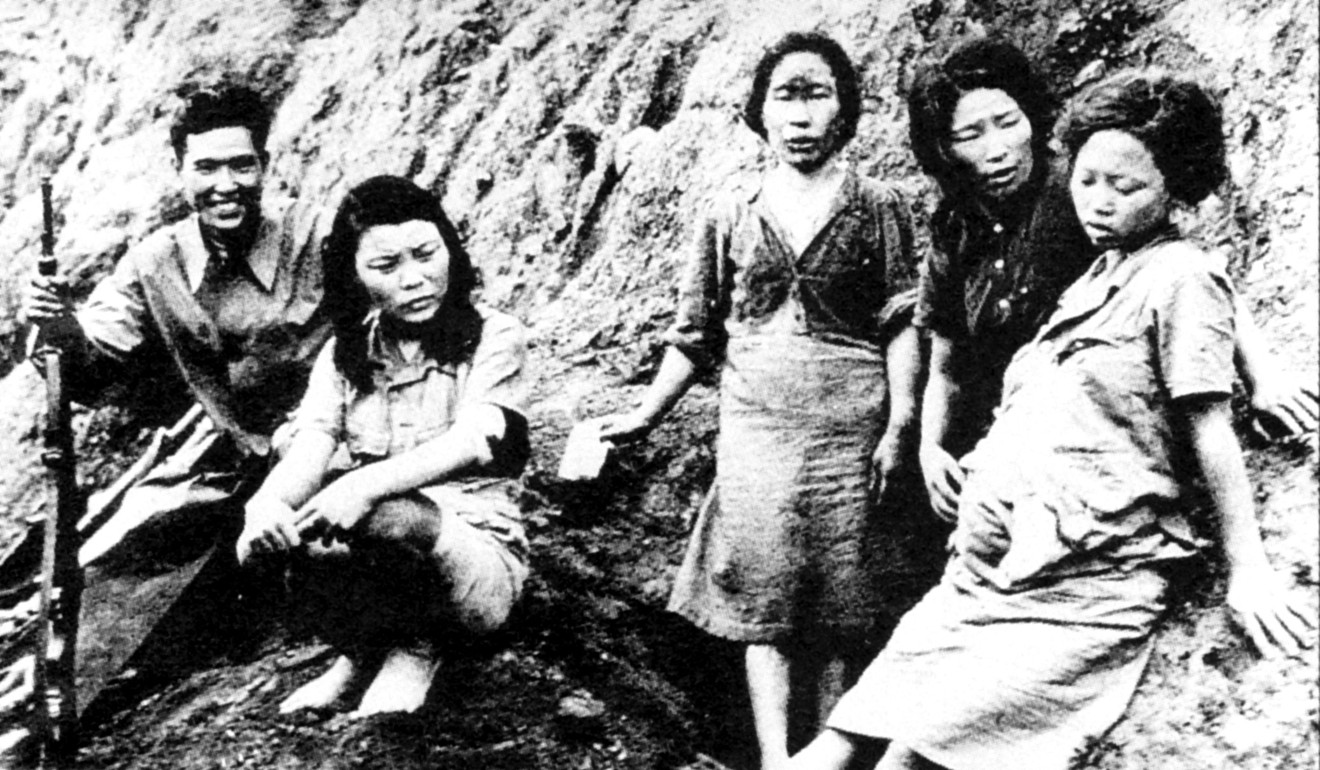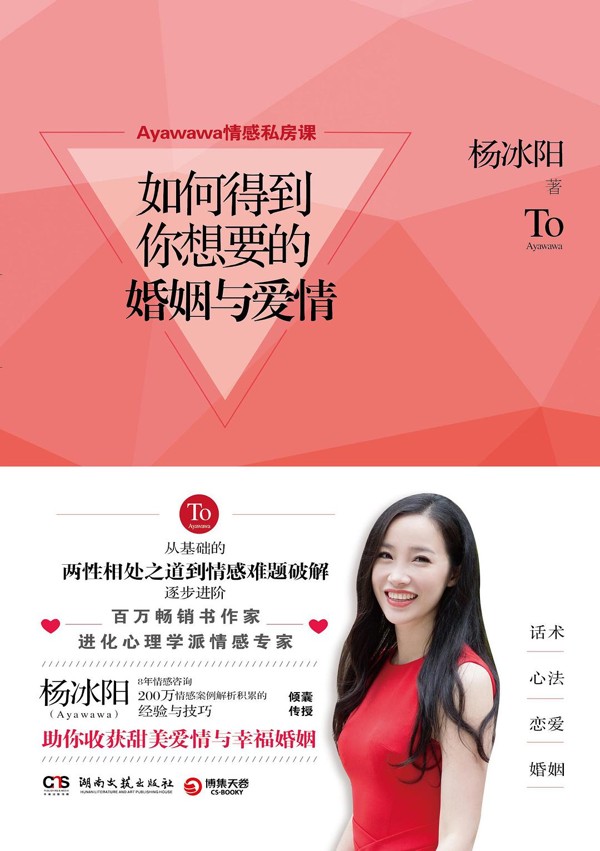
After Chinese love guru’s ‘comfort women’ gaffe, three relationship tips she gives that show how unusual her world view is
Relationship adviser Ayawawa, banned from Weibo this week for incendiary comments on second world war sex slaves, advises Chinese women seeking the perfect partner to objectify themselves, be subservient to men, and give up on career goals
Ayawawa, one of China’s most successful relationship advisers, has come under fire for saying wartime “comfort women” exemplified the “natural gender advantage” women possessed over men. Her comments on the subject speak volumes for her world view.
The love guru, whose real name is Yang Bingyang, received a six-month ban from posting on China’s largest social network on Tuesday, following a news report quoting her comments on the sex slaves of the Japanese army during the second world war.

“Have you thought that the men were in fact worse off than the women? They were shot dead but the women survived,” she was quoted as saying by online news portal QQ.com during an offline “emotional training” workshop.
China’s controversial love guru Ayawawa suspended on Weibo over ‘comfort women’ comments
Ayawawa’s pet theory for how to get a successful husband has been embraced and internalised by her millions of fans.
Critics and gender studies scholars say Ayawawa teaches women to objectify themselves and contributes actively to the patriarchal system, by advising women to improve their looks and obey their partners.

She has enjoyed unprecedented commercial success, having published 10 books and founded a relationship consulting company that charges students as much as 16,800 yuan (US$2,600) for a class.
She also boasts three million followers on Weibo, China’s Twitter equivalent, and 1 million on social app WeChat.
The popularity of Ayawawa reflects the heavy pressure on single women in China to get married in a society rooted in traditional values. Those who haven’t married by the time they are 25 are often referred to derogatorily as “leftover women”. Here are three examples of the love guru’s advice for them.

1. Rate yourself
Ayawawa encourages women to rate themselves based on their looks on a scale of one to 10, and has been rating her fans on social media for years based on photos they send in.
According to Ayawawa, a woman’s rating determines the kind of partner she should pursue and the dating strategies to adopt.
Dating in China: apps, speed dates, and parents in parks scouring singles’ profiles for a match for their children
She insists there is objectivity in the rating. “We hope everyone, whether male or female, can have a correct understanding of their actual scores,” she wrote in a blog post on WeChat in 2016. “People who are extremely ugly or beautiful are rare. Most are at a medium level between four and six.”
According to her, it is ideal for women to date partners who are just slightly less good-looking than them to maintain stable relationships.

2. Be pretty and subservient
Ayawawa’s relationship theory centres around two concepts borrowed from evolutionary psychology: mate value (MV), referring to one’s desirable traits, and paternal uncertainty (PU), which she interprets as how confident one’s partner is about whether he or she will cheat on them.
To boost the likelihood of finding and retaining a good partner, women should strive to enhance their MV, which, according to her theory as reported by Chinese news portal Qq.com, is determined by several factors: age, looks, height, breast size, weight, education level and family background.
At the same time, they need to make their partners feel safe by lowering PU through subservient behaviour, such as not wearing revealing clothes, praising their boyfriends constantly and having little career ambitions.
“I don’t recommend women to wear Bohemian style or clothes with tassels or rivets,” says Ayawawa. “This will increase their PU level.”
First the diploma, then the date: how China’s educated elites find love
3. Be financially supported by men and don’t challenge traditional roles
Ayawawa advocates that women take advantage of their male counterparts’ financial support and play traditional roles within the family.
She thinks jobs such as plumber, firefighter, and soldier are not meant for women because of their physical abilities, and that they would not want to work such heavy jobs anyway.
“Women enjoy the gender advantage to pick and choose men,” read a blog post by Ayawawa in December. “Women’s money is usually not spent on men, but men’s money is meant to be spent by women.”

